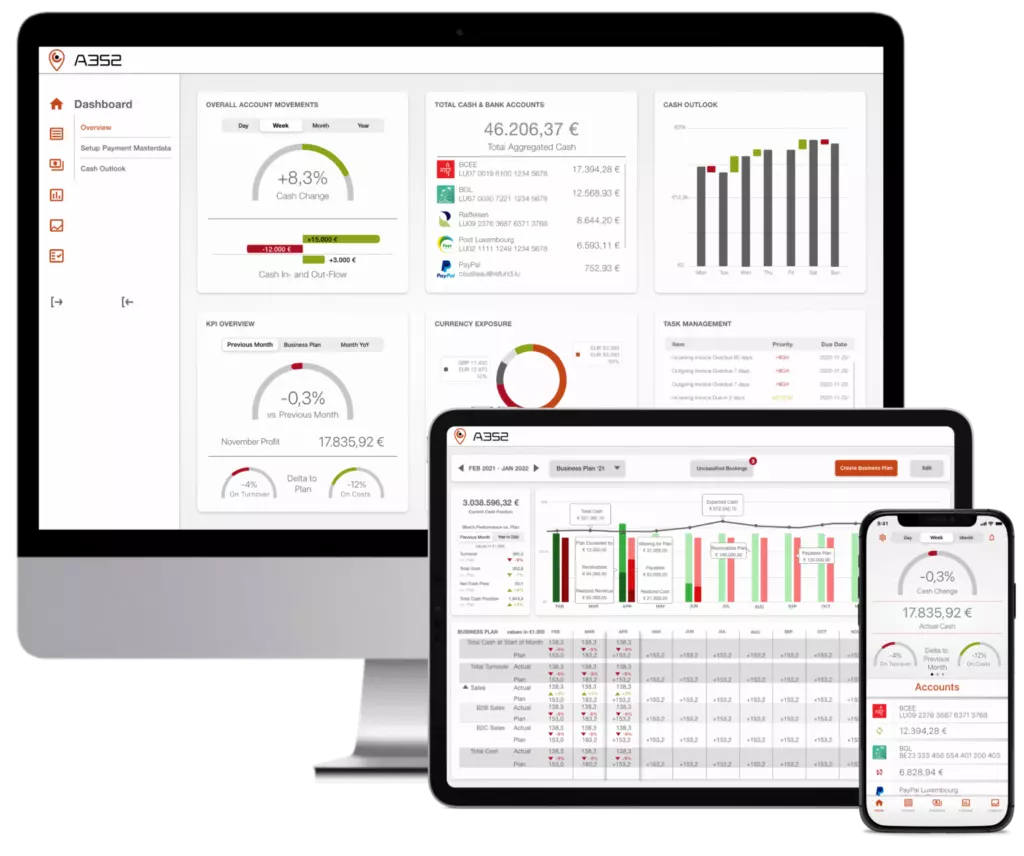
Will Finance Become 100% Digitalized?
12 January, 2022

Finance is entering a golden age of technology. As more software solutions become available as cloud-based formats, cloud-based finance applications and micro-services will also proliferate. Companies will be able to drastically reduce the complexity and cost of technology without sacrificing functionality.
Companies are still in the early stages of applying digital technologies to finance processes to create more efficiencies, insights, and value over the long term. Digital Finance remains an emerging concept in many companies. However, digitalization is now a realistic goal for finance teams due to a range of technological advances. These advances include the widespread availability of data, the ability to process large data sets using algorithms and analytic methods, and improvements in connectivity tools and platforms.
In recent years, technological innovations have allowed reimagining financial management; and those solutions will continue to improve in the future. We provide an outlook in our previous article ‘The Future of Finance Has Arrived‘. Financial management is increasingly becoming more predictive based on data-generated forward-looking insights rather than focusing on historical conceptions. So data prediction is one of the virtues of digital technologies, and financial management will have to move in that direction.
What the future holds is uncertain, but we all have a responsibility to think about what is likely to happen and prepare for it. In financial management, that means working now to get the right technology in place to put yourself ahead of the competition and prepare for future uncertainties. That is unlikely to happen without a clear vision and strategy for Finance in a digital world. In the years ahead, cloud-based software solutions, automation, and cognitive innovation will continue apace, creating opportunities to simplify processes and free people from dull manual tasks. As this transition picks up speed, technology will unleash the capacity of humans to add value.
Companies will assess the benefits of automation against onshore and offshore operations. Automation provides a new lever for managing costs, allowing finance teams to reevaluate how they are organized, where work gets done, and what kinds of processes no longer require human intervention.
It is important to note that digital transformation will not happen all at once, and companies should not use their legacy systems as excuses not to start the change. By working in small pilot projects and successfully digitalizing the most critical tasks within Finance, the finance teams can establish proof points and ease the eventual rollout of digital technologies across the entire function and other parts of the company.
Finance teams can kick-start the digitalization process by taking inventory of core use cases and determining where they stand with each digital technology cited here. It is best practice to assess the potential value gain from digitalization of a finance process and the level of feasibility of doing so—a process that we call performing a value scan. Business unit leaders should be involved in discussions about the pain points in various financial operations, such as slow reporting and incomplete data. An extensive review of the technological capabilities should be performed to define the system requirements and investment needs – ideally in cooperation with the IT department.
However, there are some issues software solutions still cannot address, such as analyzing collected scant data or assessing strategies over a longer time horizon, where more human judgement is required. But the possibilities far outweigh the obstacles at this point, and the mandate is clear: Finance teams must develop and share a vision for a digital finance function. They have a clear opportunity to shape the evolution of their companies and gain valuable insights and experiences along the way.
Share:
More Posts:






